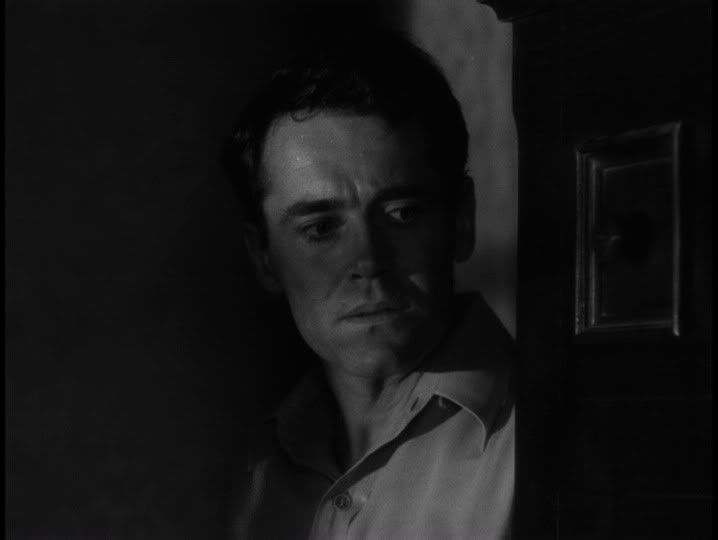by Ryland Walker Knight
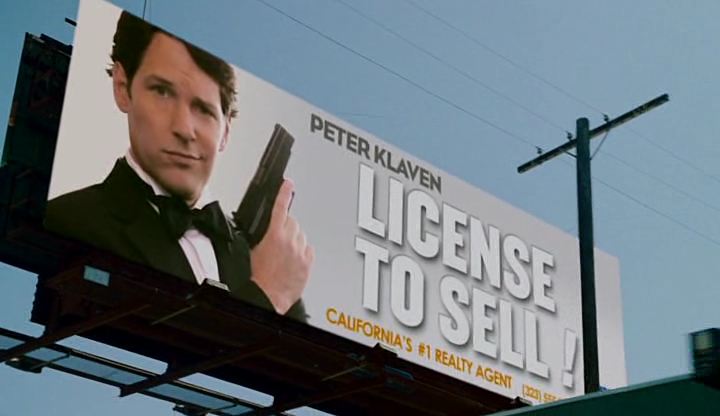
[My friend Miriam Bale asked me to write something about comedy for her Comedy Versus Criticism week a while ago. I just gabbed up some notes about some things not quite near and dear to me, but intriguing nonetheless. This is more like a long jotting, a prompt almost, perhaps a prelude to more like everything on this blog. Maybe you can holler at me in the comments, tell me I'm wrong or tell me I'm right or tell me something new I've forgotten. I should also say that I don't simply dislike Apatow, but I'm kind of puzzled by him. In any case, thanks for reading, and sharing any thoughts. Maybe some jokes? Yes, please! Also, I'll probably go back and add in some links as the week goes on. Just wanted to get the text out there tonight.]
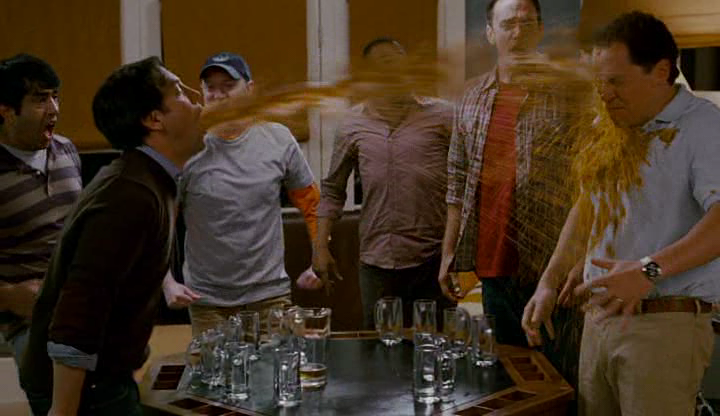
Writing about comedy is tough. Though some, like Phelps, can theorize and sound really smart and convincing (helps to be super smart), more often it's tough to make an argument about jokes while making jokes and still come off sounding intelligent, not flip. That play between serious and nonserious is a real see-saw. That's why somebody like Nietzsche is so important (to me, for sure): he's got that incisive wit that doesn't pitch low, but isn't so pretentious that it deflates itself. Another part of the problem is how varied our senses of humor can be, and how comedy, maybe more than drama, requires a really peculiar navigation of one's taste. You have to argue from your taste always, but the arrogance of that seems so much more on display when saying, say, that
Funny People isn't funny enough, or serious enough, to really work.
Funny People is a weird movie: despite a lot of "plot" and a lot of "jokes" not much happens and not many of the one-liners linger. A bigger problem for me, though, is that it's not all that cinematic. Yes, there's a self-referentiality, a nod to the indexical—and no stronger than in this new one (it's all about its makers)—but everything in an Apatow picture lives to serve the punchline: he covers every scene endlessly, he saps up scenes with music, and hardly anything feels crucial. The camera rarely does anything besides observe, but this isn't some Hou Hsiao-hsien patience; it's television's pragmatism. The picture's got the same body as Sandler, pushing out and sloppy, satisfied. And I couldn't shake this since I wasn't laughing much. Now, some of this may be where I'm at and how I saw the movie (alone, mostly), but, even with a crowd of friendlies I'm doubting how much I would dig the self-congratulatory pats on the back and casual antagonism. However, the funniest bits to me were the ones with Jonah Hill taking up the asshole role and plain running with it—saying "fuck you" to everything—but, even with all the dark jokes about nearing death that Sandler's George Simmons cracks during his faux "farewell tour," Apatow can't commit to the vulgar. This definitely helped develop sympathy for
The 40 Year Old Virgin, but here it gets treacly. Nobody's especially "good" here, and if that's part of the point, then, well, I'm way off base and the idea that we don't grow but just amass problems is downright tragic. Yet it's literally a sunny movie! The revelation of Simmons' remission is filmed with all kinds of lens flare emanating from behind (and around) that arbitrarily German doctor's head. It's a fantasy first and foremost but without any modesty.
More vulgar and more chaste at the same time, and maybe less overtly funny, and maybe not even all that funny except in a chuckling way, is
I Love You, Man. Talk about a modest movie. The romance is set—sure there's a hiccup, but there's a point made about its triviality—and the real conflict is whether a friendship can survive, let alone blossom. It's easier than
Funny People, no doubt. As Danny Kasman mused to me, it's more akin to something out of the studio heyday when you'd see a set of actors appear in about four films a year and every once in a while the film would congeal into something lovely. It may not be quite lovely, but it's easily endearing, and more than competently put together. Mostly, I dig the spirit, say the moral center, of
I Love You, Man. Again, this may be due to my current needs and desires from art, but, at bottom, it's a tighter picture with more honest goals than
Funny People—and it meets those goals. Also, way fewer montages. Though, of course, there is a bonding montage. Again, it's mostly a pragmatic visual style in service of capturing jokes with everything lit for clarity's sake, but it gets the rhythms of talk thanks to its casual geniality. If anything, it is brisk. But its true cinematic worth is measured in performance, in revealing a person to himself. Paul Rudd has never been more charming—more cute, really—and despite his lumpy wannabe tough act, Jason Segal is largely winning. Segal may instigate some self-awareness, but it's a classic new dawn kind of picture where Rudd's man finds layers within, about how to don the mask that smiles. After all, it's a film about honesty.
Which isn't to say
Funny People is dishonest, or only portrays dishonesty—though it's kind of half-assed about its "argument" (is there one?) for living with the web of responsibilities that life presents us with—but its best jokes come from that crass cut-throat dynamic between the roommate-rivals played by Seth Rogen and Jonah Hill and Jason Schwartzman. As evidenced by the opening credits, Apatow knows all about living with comedians (he and Sandler were roommates) and, as any aspiring young dude does, he knows that close quarters bring out boys' competitive nature all the worse. There's a great movie in there somewhere, a really dark one about these idiots back stabbing one another to get a leg up in the rat-fame racket. That is, if Apatow made the anti-
I Love You, Man. (Except, that's already been done, for the most part, with
Peep Show, a BBC sitcom for the ages about two "best friends" who constantly undercut one another but can't quit the friendship out of a shared misanthropic combination of fear and apathy. It's really great stuff, full of terrible choices and worse behavior. One dude does crack, just a bit of crack, because he can; his name is Super Hans.) What makes the Rudd-Segal dynamic so ingratiating is the pure generosity of their budding friendship: they really want to see each other happy, and they like to jam. It's rare. It's also rare that this works. It's tough to talk about without sounding a sap. (It also flies in the face of loving something like
Peep Show.) As with
Role Models, it's not good cinema, but it's got good values. There's something about Paul Rudd, something in that self-deprication that carries over. He's no Cary Grant (I know, duh), but he's still a comedic force that stamps every picture he's in and that's got to count for something. Comedy, or this kind of comedy we're experiencing now, is so much about payoffs (as opposed to something like hysteria and absurdity) that all kinds of things set up jokes, including personae. This is, in essence, the premise for
Funny People: we can't shuck ourselves.
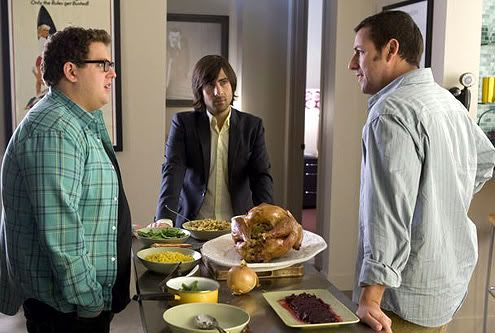
———
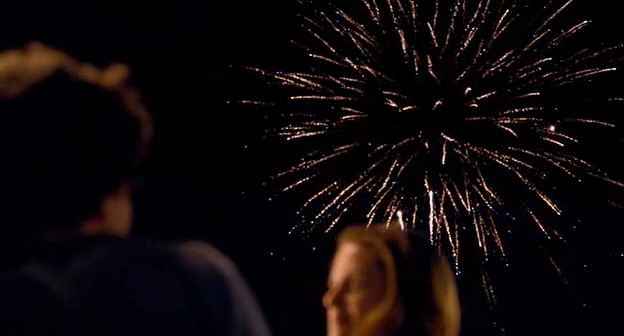
The best movie of all these recent comedy hits, for my money, is
Superbad. It straddles that line between dick jokes and sensitivity really well—and it
looks good, too. Framing makes jokes, and spacing makes sense. Greg Mottola followed that up this year with a pet project, of sorts: his everybody's-got-one bildungsroman,
Adventureland. It's not as outright funny as
Superbad, and it's kind of a same-old-same-old young love story, but, again, it's got some cinematic gusto to go along with its poignancy and its ball-punching. For instance, Mottola punctuates a number of scenes with black outs, effectively working like chapter breaks, and he'll hold on a scene/shot for longer than expected to allow his actors extra beats of performance. He's got a rhythm that Apatow can't match. Further, he's a better storyteller: these two films are so tight they get myopic. They're as miniature as a short story, built on bits of nuance.
Adventureland, more than
Superbad, relies on its leads signifying with subtlety—the play of postures.
As befits adolescence, the soundtrack (often doubled on t-shirts) matters. The Velvet Underground's "Pale Blue Eyes" plays twice in
Adventureland, in different contexts, and it reminds you of just how great a great pop song is—how it can apply to so many emotions, and how we often access many at once. (It helps that the song is about that, too.) Every detail in these Mottola movies adds to the feeling of the endeavor and remind us, focused as these two films are, that we hinge so many hopes on details in our youth. The focused energy only helps this kind of comedy. If
Funny People had the balls to really meander into absurdity, its formless route back to the start—things don't quite progress so much as accumulate—might yield better jokes.
The closest to that in this modern pack of comedians comes from those Will Farrell movies, specifically
Anchorman, which is just one gag after another, a supreme product of whimsy on set and in the editing. There's really no rules in that movie. It's tiring, but often hilarious; the irreverent won't (can't!) quit. That's the brilliance of Tex Avery: the pile-on. That's the brilliance of
Tim and Eric, too: the absurd amplifying absurdity to an absurd pitch of cacophony, or the stymied inadequacy of a blank idiot stare and gaping mouth. Basically, though, all these forms point to a punchline of disbelief. Or exasperation. You have to laugh to keep going. That's probably my baseline taste, too: something that forces me to release because it's so much. It's just that
I Love You, Man flips that disbelief on the project of honesty, taking up that stand-up "it's so true" impetus that kills a lot of the
Funny People comedy for me, where I'm laughing at a mirror, a parody of my desires. The laughs I liked best in
Funny People are parodies of my fears, I suppose. And it seems that this revelation of the hidden is exactly what film offers comedy. The inappropriate is given a voice, and a face. Too bad giving that voice a new voice in criticism is such a self-defeating project; classification is hardly hilarious. Dewey Decimal just
sounds funny.
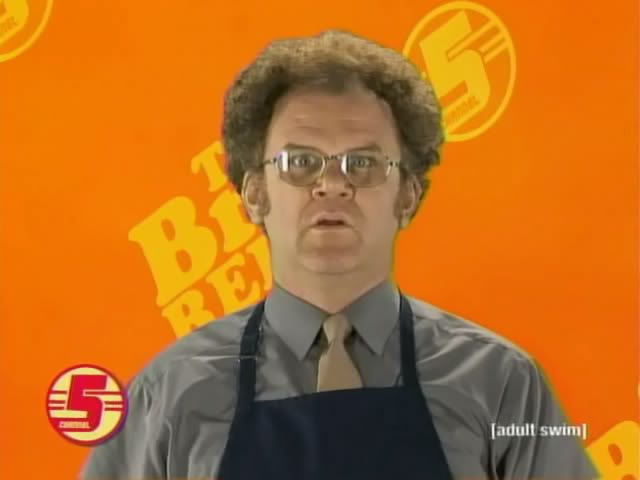
—For Your Health!
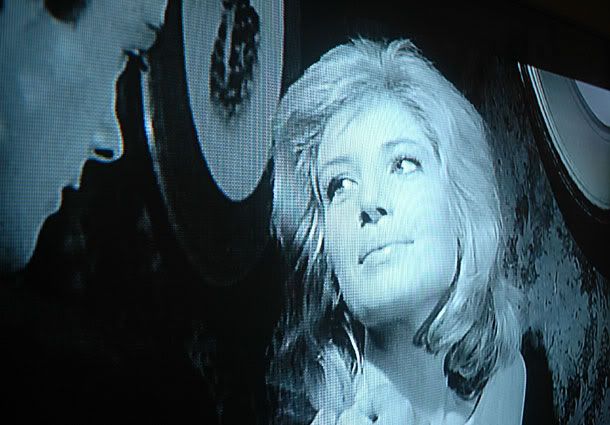

![]()
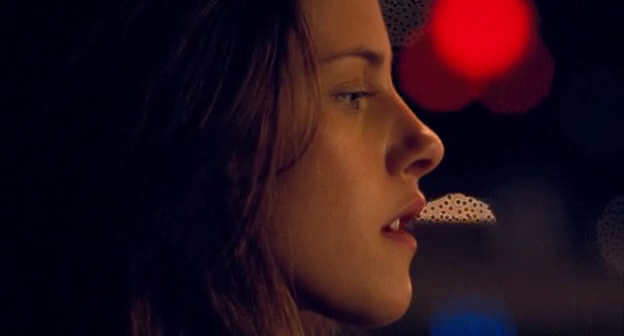
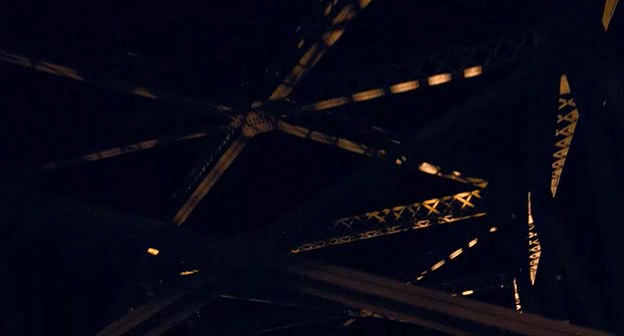
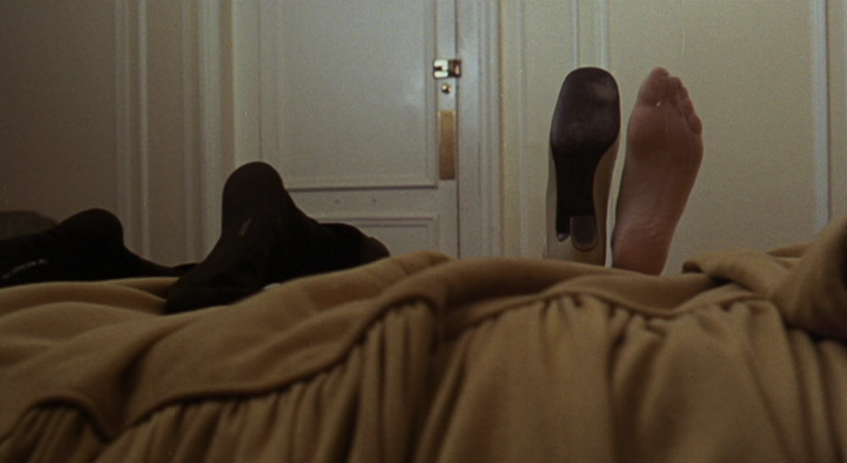
![]()





![]()
![]()
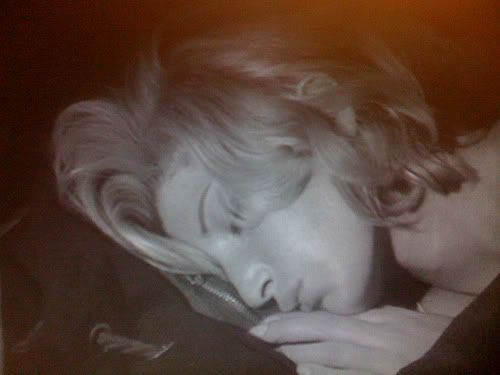
![]()
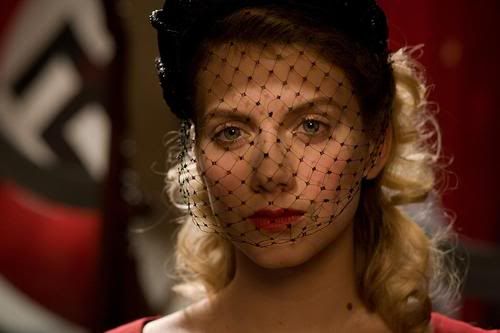
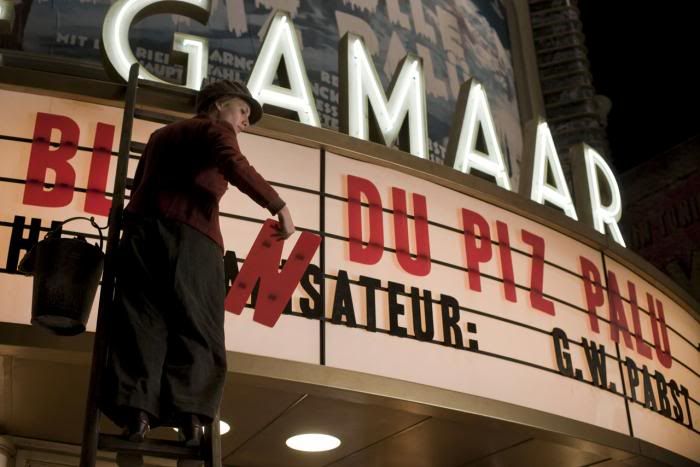
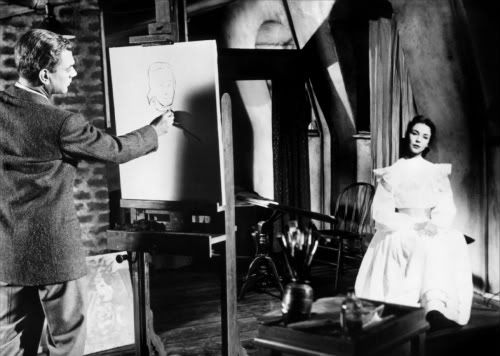
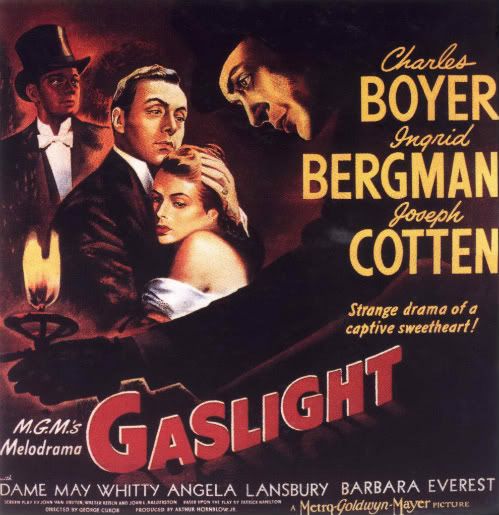
![]()
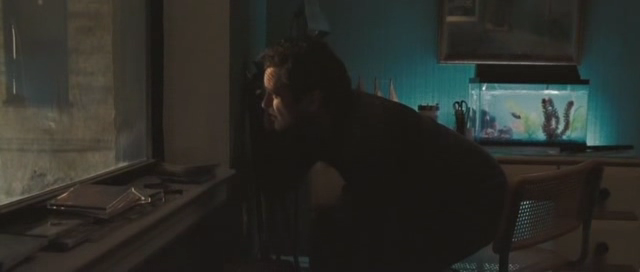
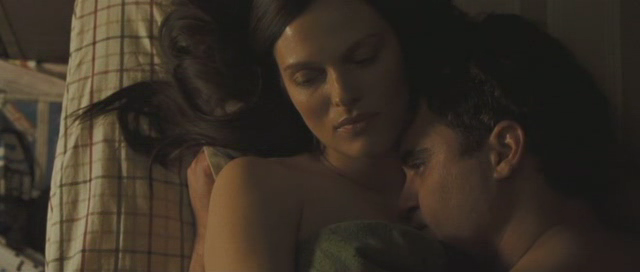
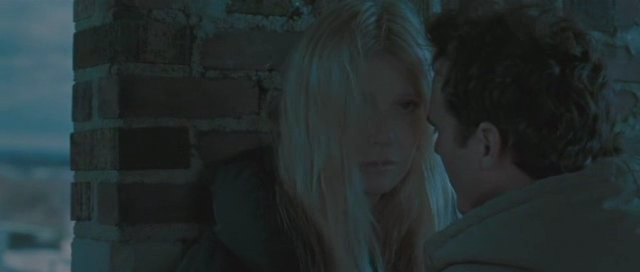
![]()
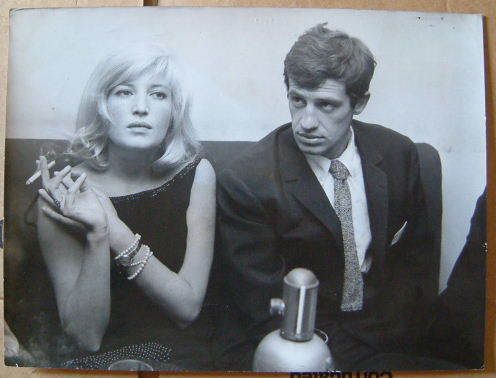
![]()
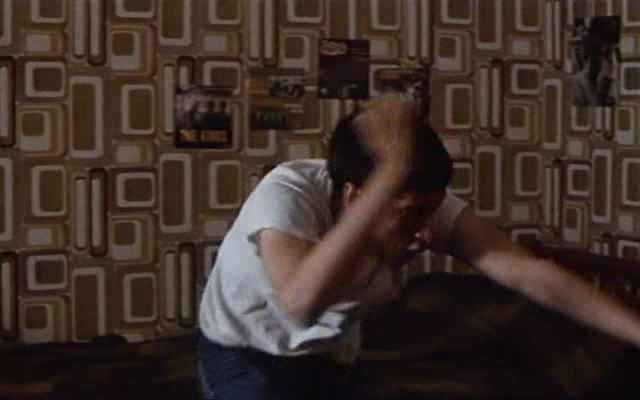
![]()
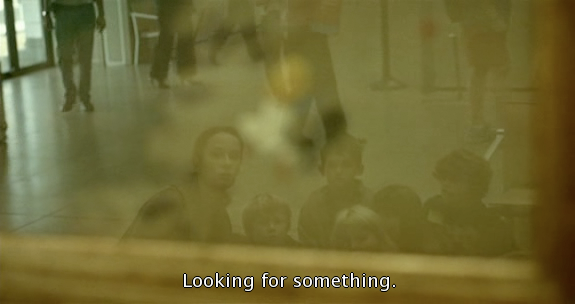
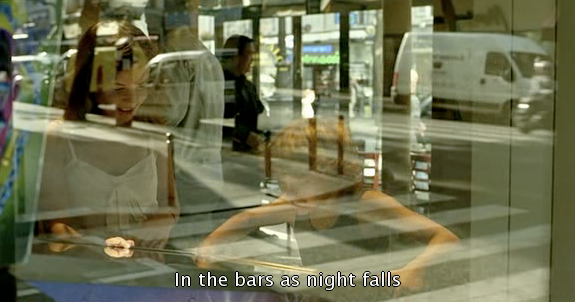
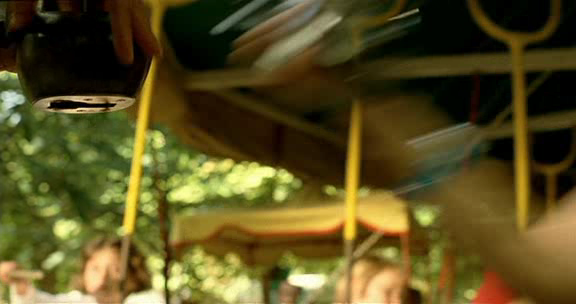
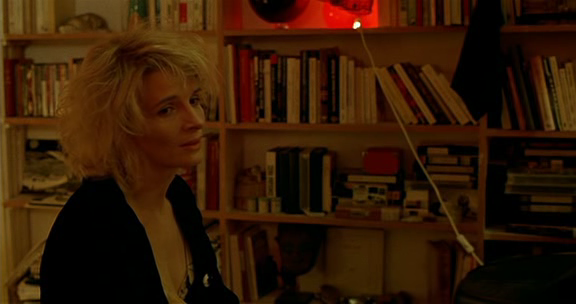
![]()
![]()
![]()

![]()
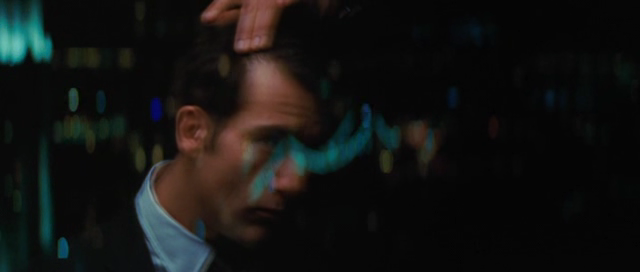
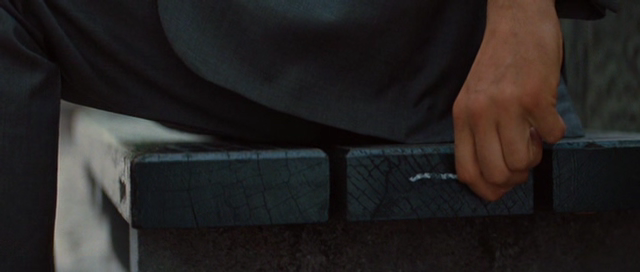
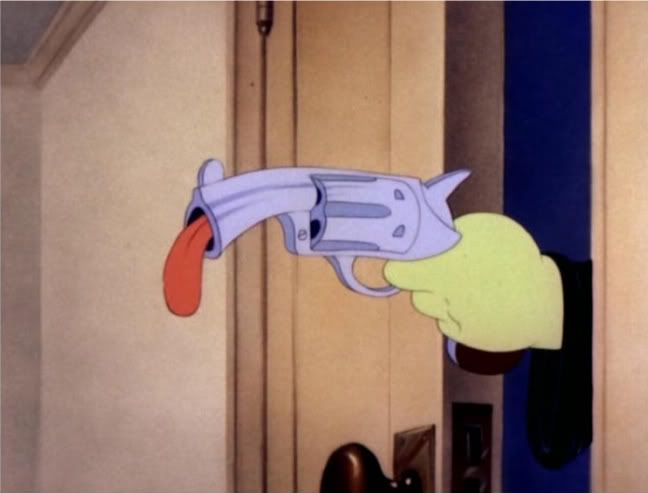
![]()
![]()
![]()
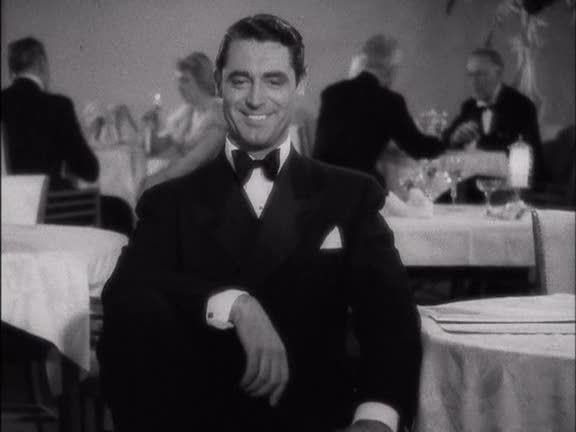
![]()
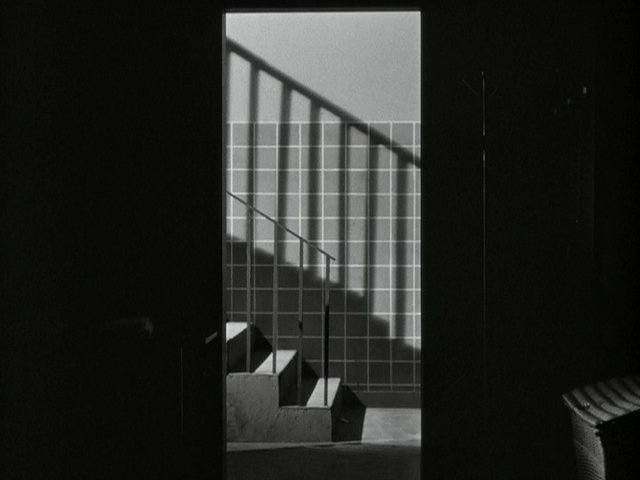
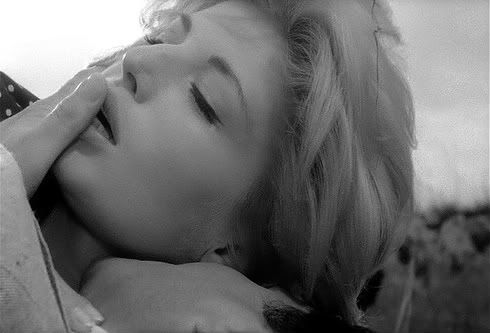
![]()
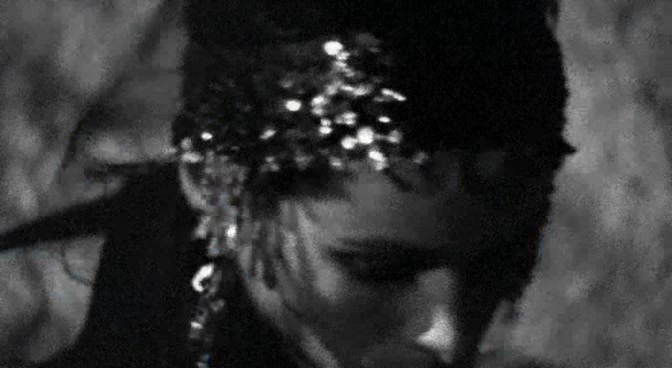
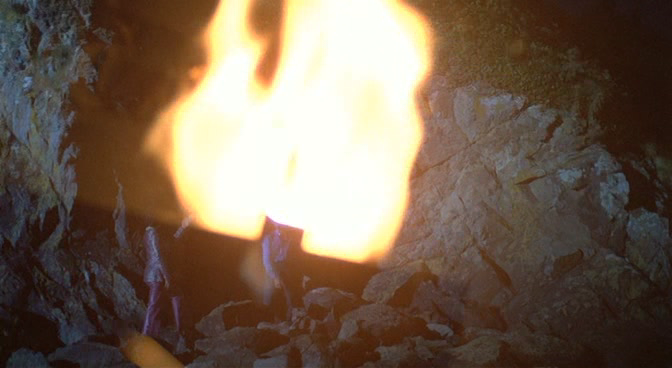
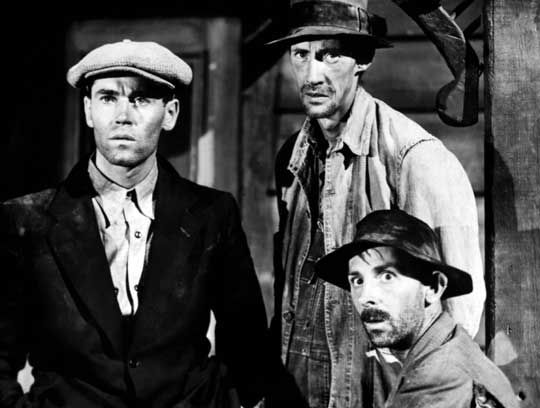
![]()
